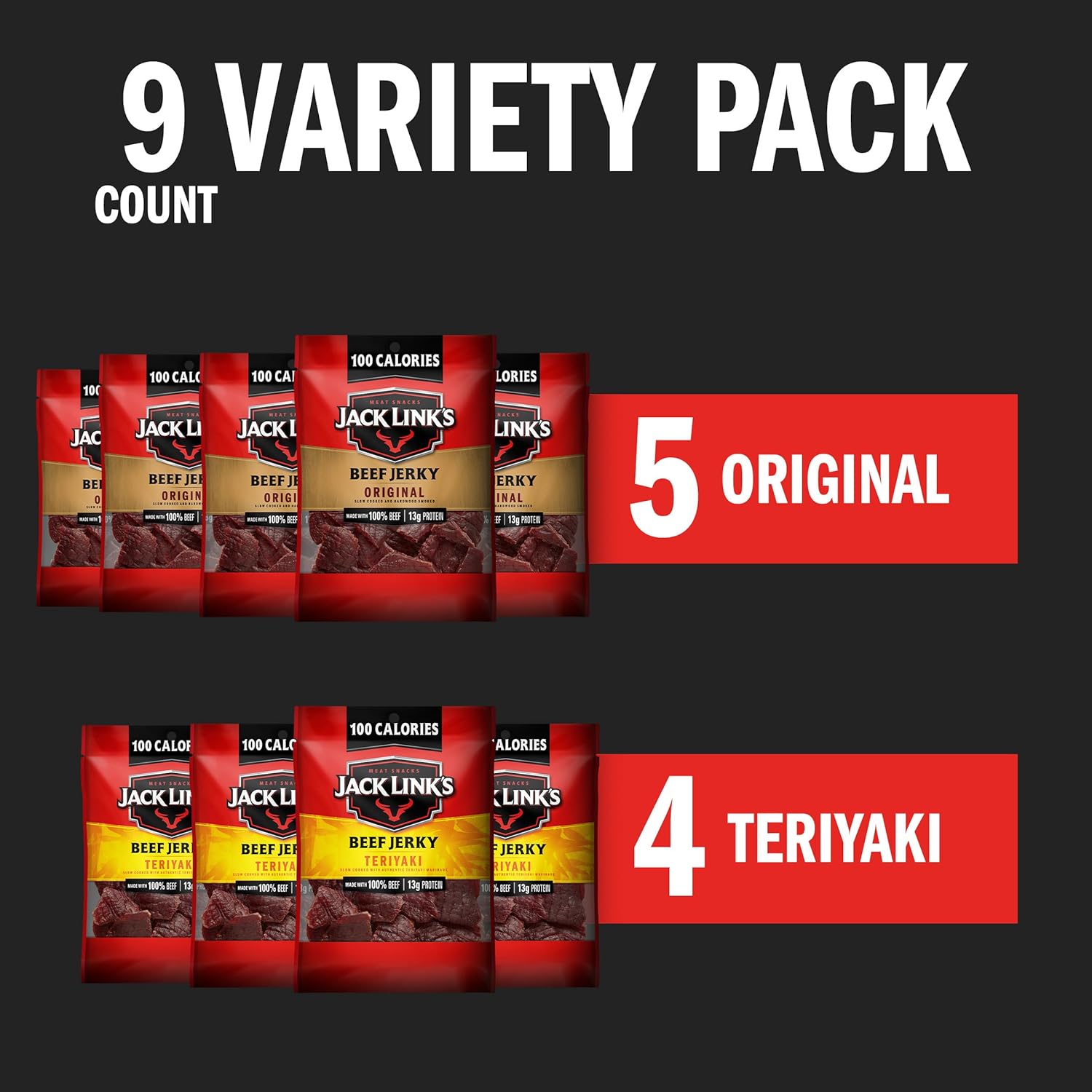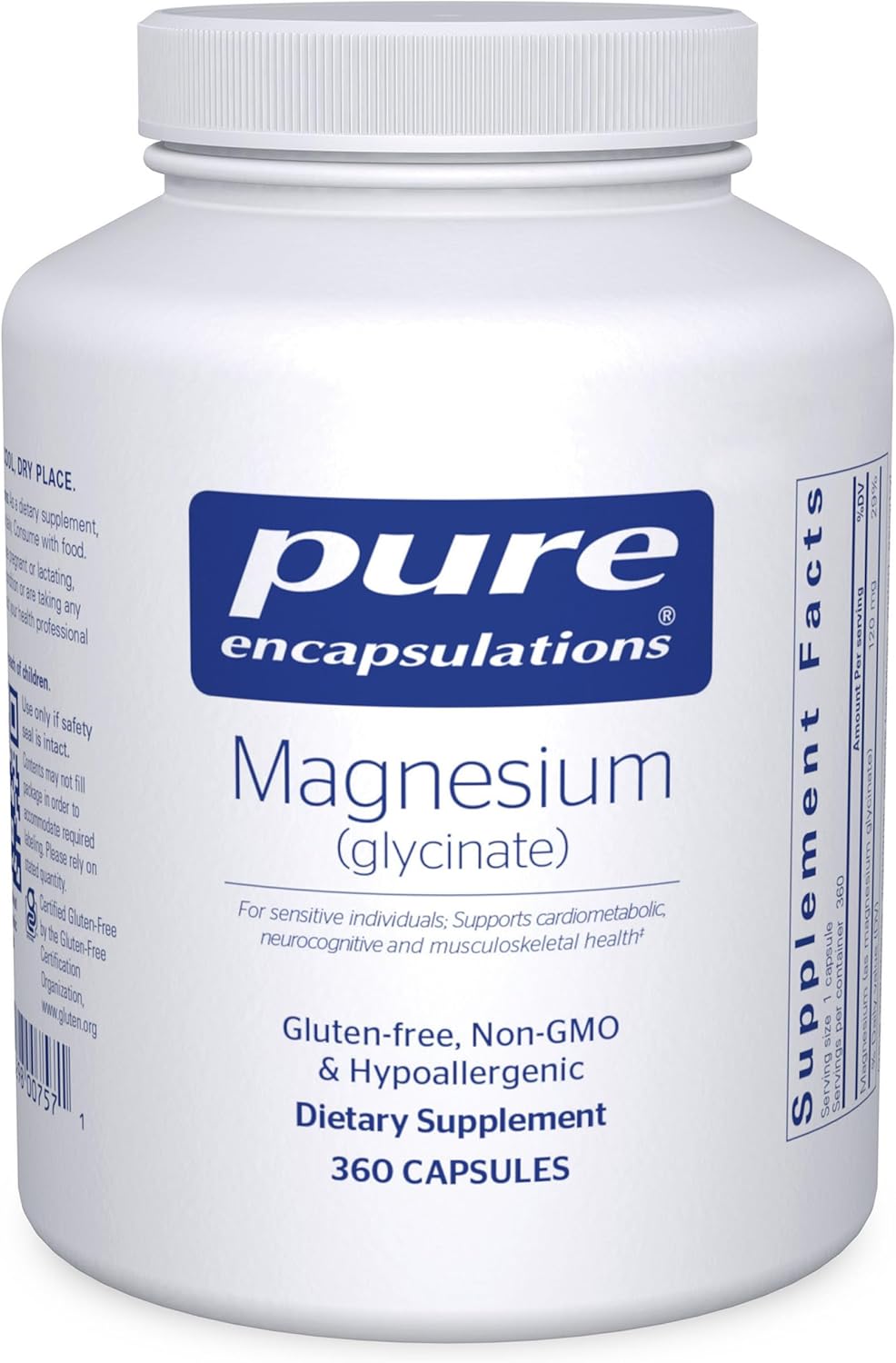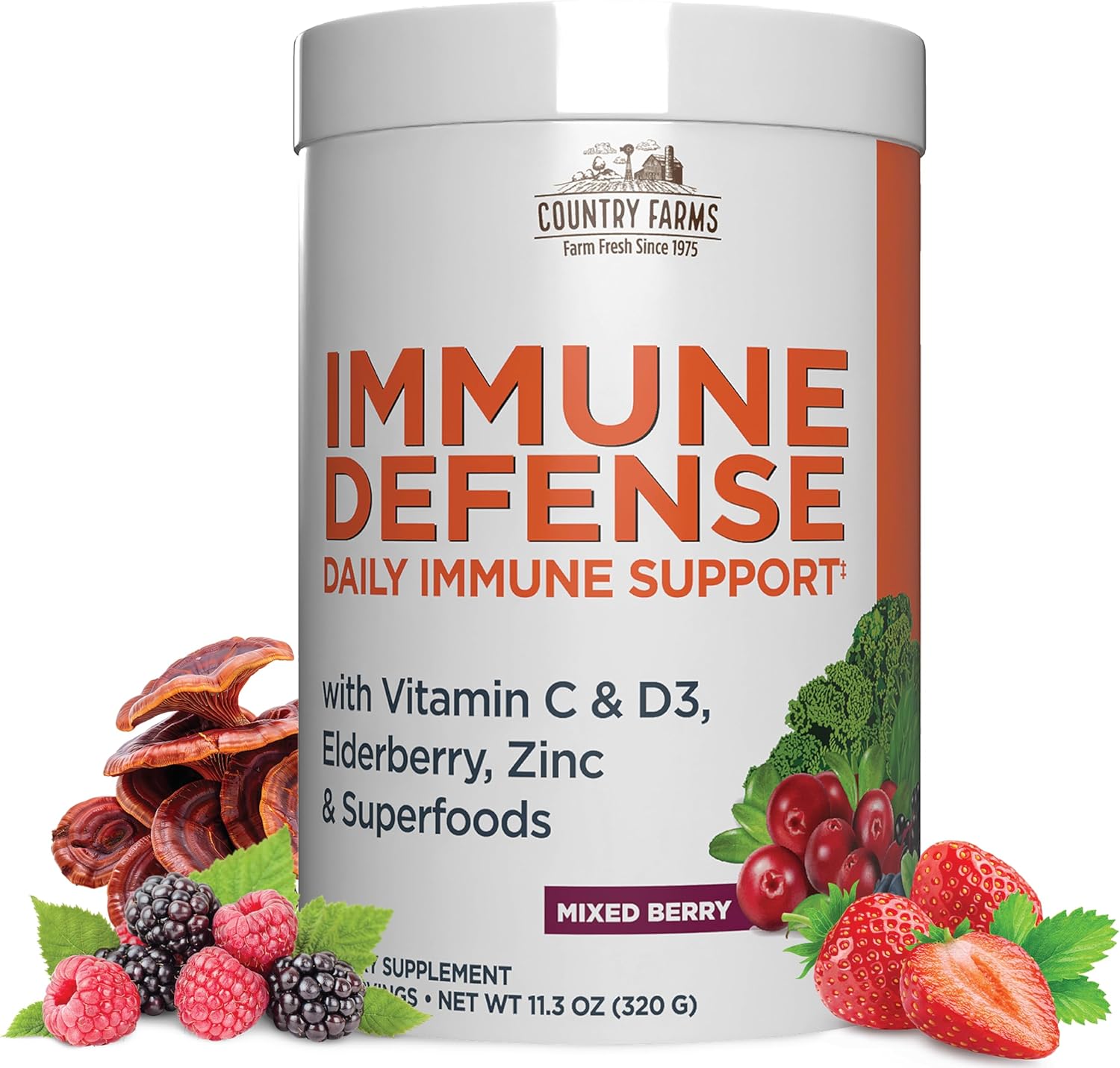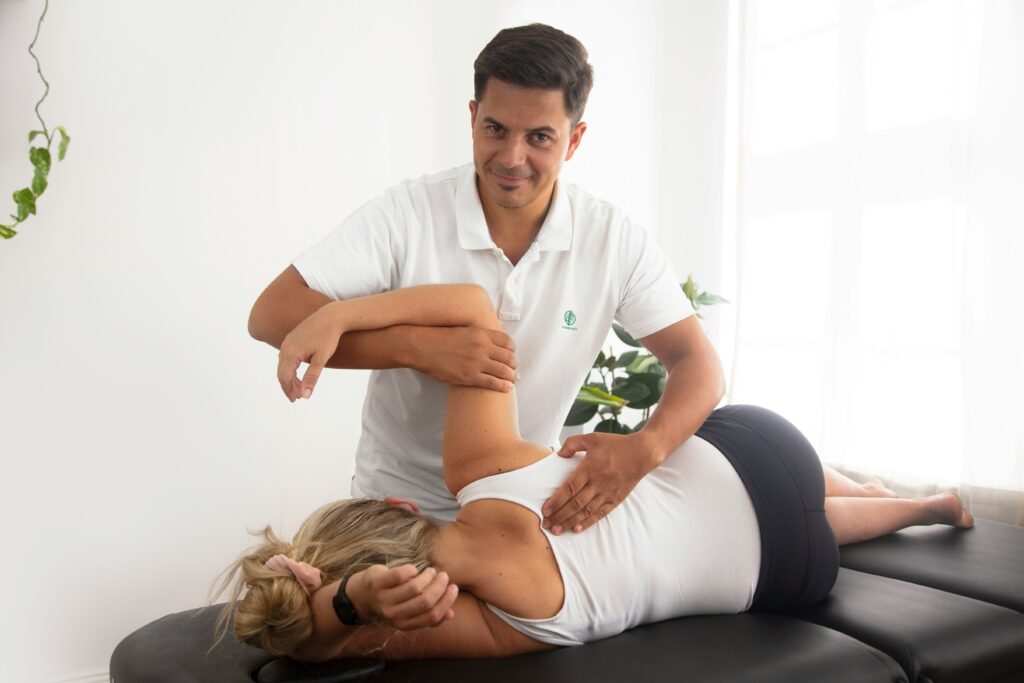7 Warning Signs You Are Not Recovering Properly After Your Workouts

Some problems don’t start with pain. They start quietly. You don’t feel injured. You’re not skipping workouts. But something subtle is changing. Your body feels heavy. Your mind feels foggy. The fire that usually drives you just isn’t there. You tell yourself to push through it, but what if that’s the very thing making it worse?
Under-recovery doesn’t hit all at once. It creeps in slowly, showing up as poor sleep, low energy, mood swings, or unexpected dips in performance. These aren’t random setbacks. They’re warning signs that your body is falling behind on the repair it needs.
Most athletes and everyday lifters don’t struggle from lack of effort. They struggle because they miss the early signs that recovery isn’t keeping up with demand. This article breaks down seven subtle but critical signals that you’re under-recovered and what to do before those whispers become full-blown burnout.
1. Soreness That Outstays Its Welcome
Some muscle soreness is normal. In fact, for many people it feels like a badge of honor. But when soreness sticks around for more than 48 to 72 hours, or gets worse instead of better, that’s no longer progress, it’s a problem.
Lingering soreness often means your muscle fibers haven’t had enough time, blood flow, or nutrients to repair. It can also point to chronic inflammation building up from back-to-back training sessions with no real rest. You might brush it off, but this kind of soreness can quietly limit your range of motion, alter your mechanics, and set the stage for injury.
What to do: Start tracking how long soreness lasts after each session. If it’s still there after three days, scale back your volume or intensity. Prioritize protein (1.6 to 2.2 g/kg), hydrate aggressively, and add gentle movement like walking or mobility work to support circulation. Some examples of quick and easy protein sources are:
Wonderful Pistachios Mixed Variety Pack that offer 5g of protein per pack.

Nature’s Eats Nuts for Recovery Muscle Trail Mix offers 4g of protein per serving.

Jack Link’s Beef Jerky Variety Pack that has different flavors that contain 13g of protein per pack.

2. Your Performance Is Sliding, Not Climbing
You expect soreness. You expect fatigue. But what you don’t expect is regression. If your workouts are staying the same but your results are slipping, something deeper is going on.
Maybe your usual warm-up feels harder than it should. Maybe your strength numbers are stuck or your conditioning is declining even though you’re training consistently. That drop in performance is often one of the clearest signs that your body is not recovering between sessions. Energy systems stay depleted. The nervous system stays taxed. Muscles stay broken down longer than they should.
What to do: Respect the need for recovery in your program design. Insert a deload week every four to six weeks and monitor your key lifts or times for signs of slowing. Performance plateaus that last more than two weeks deserve attention, not more effort.
3. Sleep Feels Like It’s Not Working
You’re going to bed on time. You’re giving yourself a solid eight hours. But you wake up feeling like you barely slept. The quality of your sleep is off, even if the quantity looks fine on paper.
This often happens when the nervous system is in a constant state of high alert. Intense training without recovery elevates stress hormones like cortisol and reduces time spent in deep, restorative sleep. You may fall asleep easily but wake up in the middle of the night, or struggle to feel refreshed in the morning.
What to do: Shift your evening routine to focus on recovery, not distraction. Lower lights, skip the screens, and add magnesium or glycine to your nighttime stack. Also consider pulling back on late-day training sessions if you notice they disrupt sleep.
Pure Encapsulations Magnesium (Glycinate) Supplement to Support Stress Relief and Sleep is a highly rated choice to try.

4. Your Mood Is Quietly Getting Worse
Recovery affects far more than your muscles. When your body isn’t recovering, your mind takes a hit too. You might feel irritable for no reason. Things that used to feel exciting now feel like chores. Anxiety creeps in where there was once calm.
This is not just mental fatigue. It’s a chemical shift in the brain. Chronic under-recovery affects neurotransmitters like serotonin and dopamine, which regulate mood and motivation. It also keeps the stress response activated, which makes your emotional threshold lower and your tolerance shorter.
What to do: Treat mental fatigue the same way you would treat physical exhaustion. Give yourself permission to rest, and don’t underestimate the power of a true rest day. Pay attention to what lifts your mood, like sunlight, low-intensity movement, or social connection, and make it part of your routine.
5. Your Resting Heart Rate Is Climbing
One of the most objective signs of under-recovery is an elevated resting heart rate. If your heart rate is noticeably higher in the morning than usual, your body is likely stuck in a state of physiological stress.
This can be a signal that your cardiovascular system is still playing catch-up. It may also reflect dehydration, poor sleep, or nervous system fatigue. Even a rise of 5-to-10 beats per minute can be a useful clue that your recovery has been compromised.
What to do: Start tracking your morning resting heart rate three to four times a week. Use it as a recovery score. When it spikes, skip the heavy session or swap it for light aerobic work. Support your parasympathetic system with breathwork, cold exposure, or walking outdoors.
One trendy way to track your heart rate is with a Milavan Smart Health Ring for Fitness Tracking for both Men and Women. It tracks a variety of health functions, is waterproof and easy to wear, even when sleeping.

6. You’re Catching Every Bug Going Around
Your immune system is a quiet casualty of under-recovery. When you’re constantly fighting off minor illnesses, or dragging through colds that never fully clear, chances are your body is stretched too thin.
Training places temporary stress on the immune system, which is completely normal. But when recovery is shortchanged, that stress becomes chronic. White blood cell production drops, inflammation builds, and your ability to fight infections decreases. You might not feel “sick,” but you’ll notice slower healing and more frequent downtime.
What to do: Give your immune system the basics it needs. Sleep, protein, hydration, and key micronutrients like vitamin D, zinc, and omega-3s are critical. If illness becomes frequent, reduce intensity and volume for at least a week while focusing on recovery meals and rest.
Country Farms Immune Defense Daily Immune Support offers a convenient way to get a combination of important micronutrients in one serving.

7. Your Cravings and Appetite Are Off Balance
One of the most overlooked signs of under-recovery is dysregulated appetite. Some people lose all interest in food, while others crave sugar, caffeine, or salty snacks with unusual intensity. Neither extreme is ideal.
Cravings can be your body’s attempt to self-correct. Sugar cravings often signal low glycogen or high cortisol. A drop in appetite can reflect overtraining, adrenal fatigue, or disrupted hunger hormones like ghrelin and leptin. If your nutrition habits are becoming erratic, your recovery likely is too.
What to do: Stabilize your meals with consistent intake of protein and complex carbohydrates. Prioritize post-workout nutrition within an hour of training. If your appetite is suppressed, go for smaller meals spread throughout the day instead of waiting for hunger to kick in.
Recovery Isn’t a Break From Progress. It Is Progress.
The work you put in at the gym only counts if your body has the chance to absorb it. Without recovery, effort turns into exhaustion and consistency turns into collapse. Your body sends early signals when recovery is falling short. Learn to recognize them. More isn’t always better. Smarter always is.
Start treating recovery as its own discipline. Build it into your program. Monitor it like your training. And take pride in the days you let your body rebuild, because that’s where growth actually happens. For more post-workout necessities, please visit Recovery Essentials Hub.
This post contains affiliate links. If you click on one and make a purchase, I may earn a commission at no additional cost to you. Rest assured, I only recommend products or services I believe will provide value to my readers.


